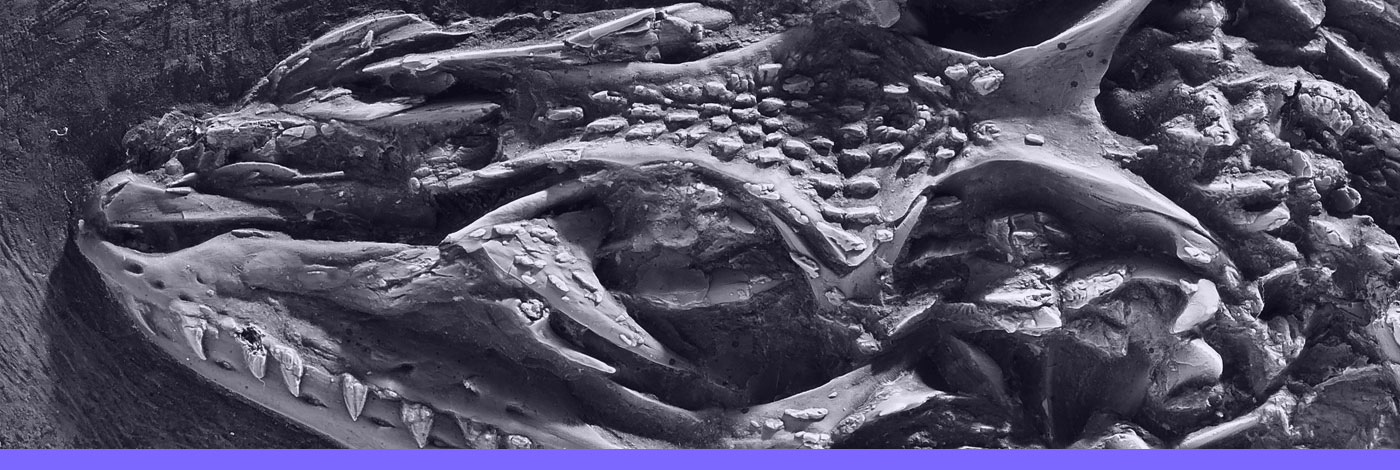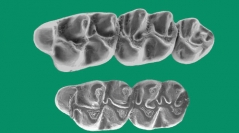

 Comptes Rendus Palevol
20 (22) - Pages 401-439
Comptes Rendus Palevol
20 (22) - Pages 401-439Modern cricetids originated in Asia and dispersed into Western Europe by the end of the early Miocene, where they quickly became major components of the rodent faunas. Here we review the early Miocene rodent record of the genera Democricetodon Fahlbusch, 1964 and Megacricetodon Fahlbusch, 1964 in the Vallès-Penedès Basin (Catalonia, Spain). Democricetodon is represented by four species in the studied sites (D. hispanicus Freudenthal, 1967, D. cf. decipiens (Freudenthal & Daams, 1988), D. gracilis Fahlbusch, 1964 and a large-sized undetermined species) and Megacricetodon by one (M. primitivus (Freudenthal, 1963)). The cricetid succession bears several similarities with that of the nearby Calatayud-Montalbán Basin (East-Central Spain) to the point that the same detailed local biostratigraphy could be extended to the Catalan basin. The rare presence of certain Democricetodon species (D. gracilis) and other small mammal taxa also reveal affinities with regions beyond the Iberian Peninsula and indicate that the Vallès-Penedès Basin was more humid and forested than inland Iberian basins during the early Miocene.
Democricetodon, Megacricetodon, early Miocene, Iberian Peninsula, biostratigraphy, western Europe